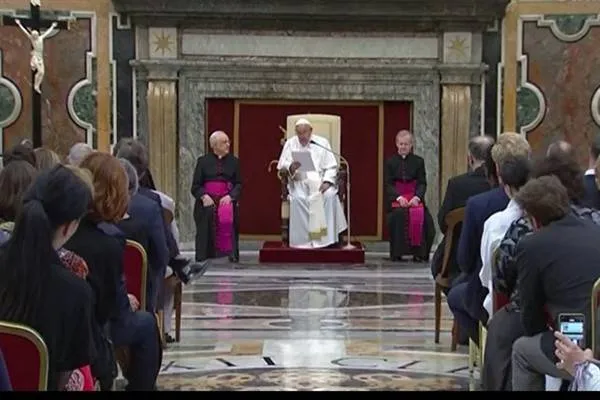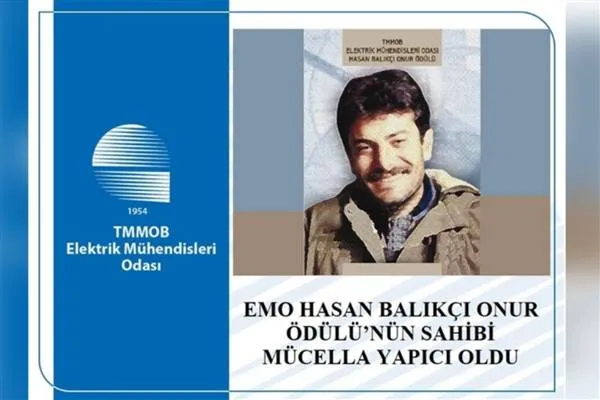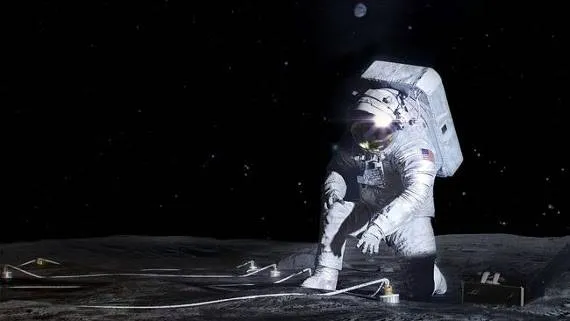CNN: Pope's death receives muted official response in China
New York, April 22 (Hibya) – According to CNN, while the world rushed to pay tribute following the death of Pope Francis, reactions in China — a formally atheist state with millions of Catholics and a complex relationship with the Vatican — remained relatively subdued.
According to the channel, with the death of Pope Francis, Beijing lost a respected global leader who had brought the Vatican closer to the Chinese Communist Party leadership than his predecessors.
Nevertheless, China’s state-controlled media reported the news of his death briefly and concisely, and more than 20 hours after the Vatican announced his passing, neither Beijing nor China’s state-sanctioned Catholic Church had issued an official statement.
Although condolences were expected from the government, China’s minimal response highlighted the sensitivity of ties between the atheist ruling Communist Party and the Holy See.
The Vatican has not maintained formal diplomatic relations with China since 1951, when the newly established communist regime severed ties and expelled the papal nuncio — the ambassador of the Holy See.
Instead, the Vatican remains one of the few countries — and the only one in Europe — that recognizes the sovereignty of Taiwan, a democratic island claimed by Beijing.
Taiwan President Lai Ching-te expressed “his deepest condolences on behalf of the people of Taiwan” shortly after the Vatican’s announcement, while the island’s Ministry of Foreign Affairs said Taipei would send a delegate to the Pope’s funeral.
This diplomatic recognition of Taiwan remains a sensitive issue for Beijing, which has clashed with the Vatican for decades over who appoints Catholic bishops in China. While seeking better ties, Pope Francis struck a groundbreaking — though controversial — agreement with the Chinese government to address the issue.
Before the 2018 agreement reached under Pope Francis, China’s state-sanctioned Catholic churches were for decades led by bishops appointed by Beijing.
Usa News Agency
















